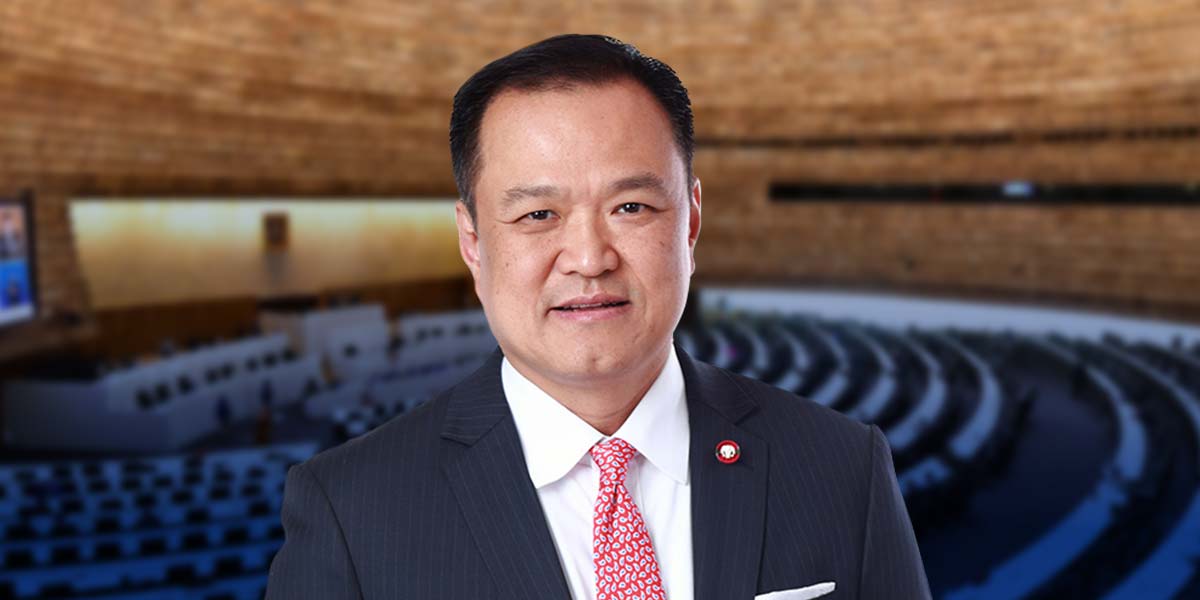The Constitutional Court ruled yesterday (September 10) with a majority vote of 5:2 that the parliament holds the authority to draft a new constitution, but that public approval via a referendum must be sought beforehand to determine whether a new charter should be created.
On the issue of referendums, the majority of judges (6:1) decided that the drafting of a new constitution would require three rounds of public referenda: the first to decide if a new constitution is necessary, the second for public input on methods and key content, and the third — after the parliament has completed the draft — to approve or reject the final version.
Notably, the first and second referendums could be merged into a single event, and the public will not be able to select constitution drafting committee members directly.
Assoc. Prof. Dr. Somjai Phagaphasvivat, an independent scholar in economics and politics, remarked that the referendum process alone is expected to take about 7-8 months, while the drafting or amending of a new constitution could take several years due to additional procedural steps.
If the government led by Anutin decides to dissolve parliament and call for new elections, the 2017 Constitution would still be in effect, as the process for a new constitution would take several more years to complete, Dr. Somjai stated.
In cabinet developments, yesterday, Prime Minister Anutin Charnvirakul officially introduced Ekniti Nitithanprapas as the new Deputy Prime Minister and concurrently the Minister of Finance. Suphajee Suthumpun, CEO of Dusit Thani Public Company Limited (SET: DUSIT) has also been approached to serve as Minister of Commerce. They discussed strategies to maximize national benefit within a limited timespan.
Anutin emphasized that the expectations of the public and the interests of the nation are paramount. He highlighted the long-standing experience of the appointees in large organizations and praised Suphajee for sacrificing substantial personal income to serve the country, emphasizing that she is an executive, not a businessperson. Anutin affirmed he would empower his executives fully in their roles.
Suphajee, the incoming Commerce Minister, remarked that her brief term will be both challenging and crucial as the country must move forward. Drawing upon her diverse local and international experience, she intends to dedicate her efforts to achieve the greatest national benefit, aligning with the Prime Minister’s vision to serve both the country and its citizens to the best of her abilities.
She welcomed public encouragement and pledged not to disappoint, vowing to work closely with the Prime Minister and economically-minded Deputy Prime Minister to revive the economy in the short term.
It’s a challenge. The government certainly cannot accomplish everything in such a short time, but they will focus on actions that can deliver the greatest impact within the limited period, Suphajee stated.
When asked about urgent policy priorities, Suphajee declined to answer, explaining that she has yet to be officially instated and must first await the broader policy direction from the Prime Minister. Only then will she identify areas where her ministry can provide additional support. Regardless, the sole objective remains to maximize benefit for the country.





